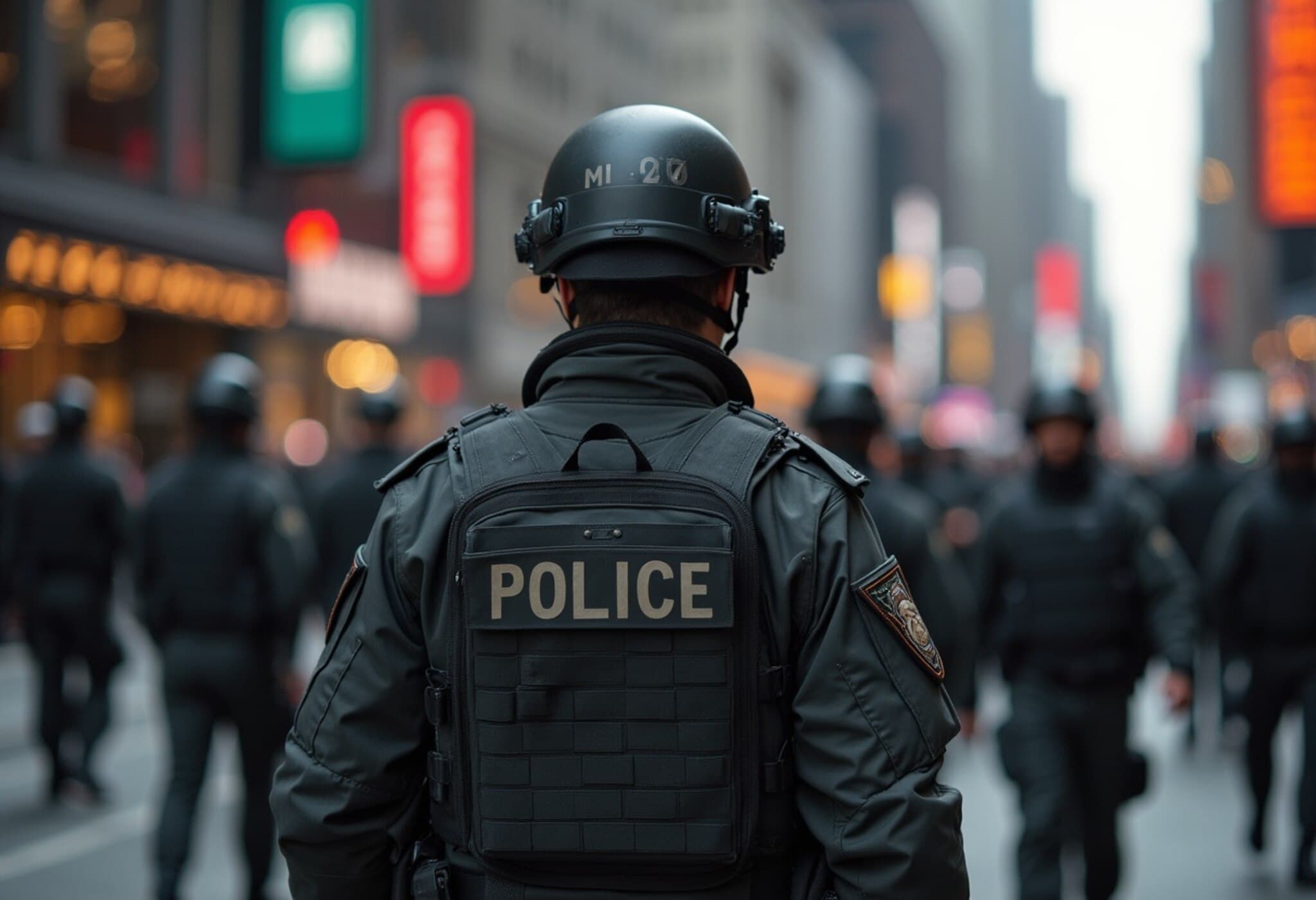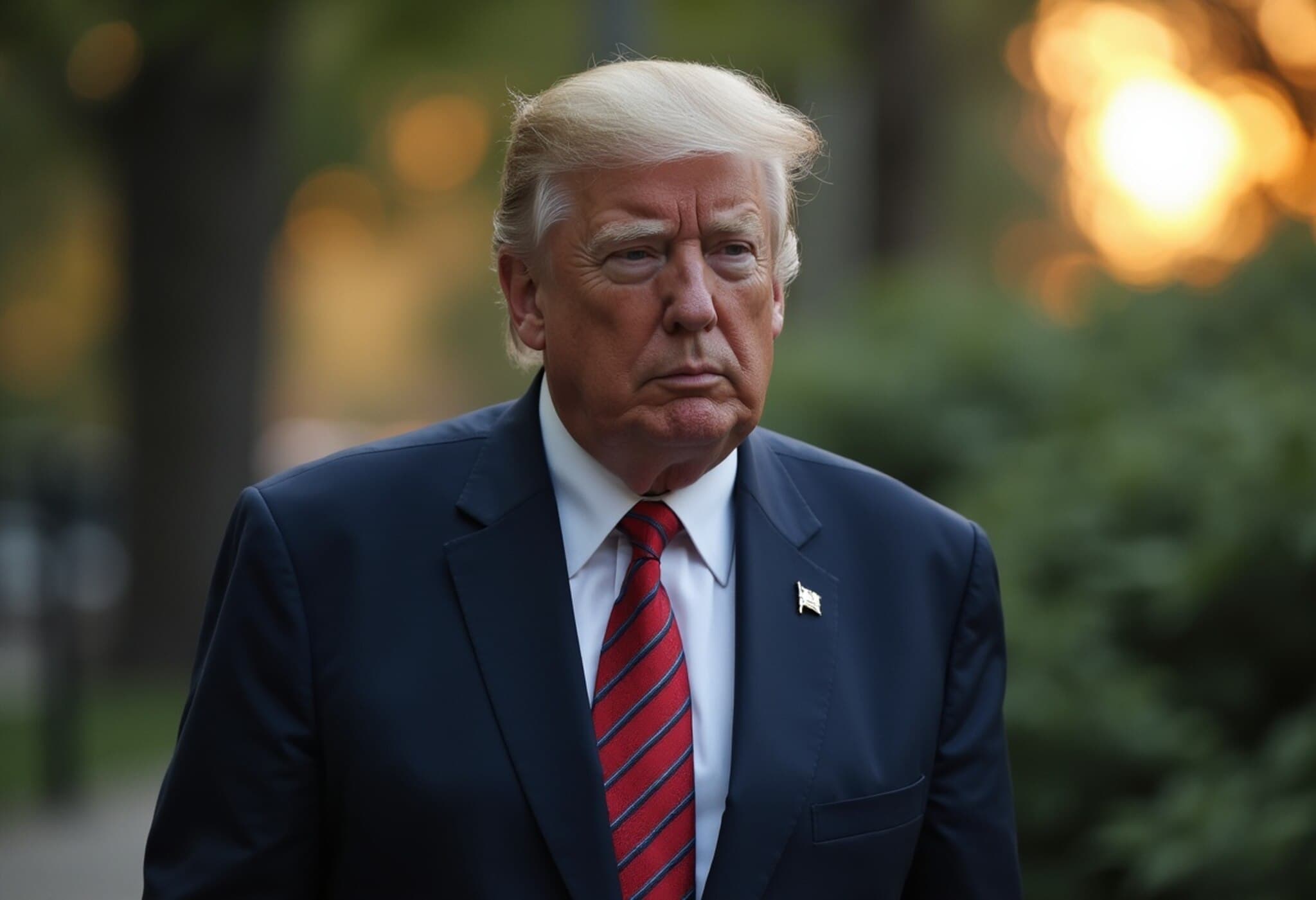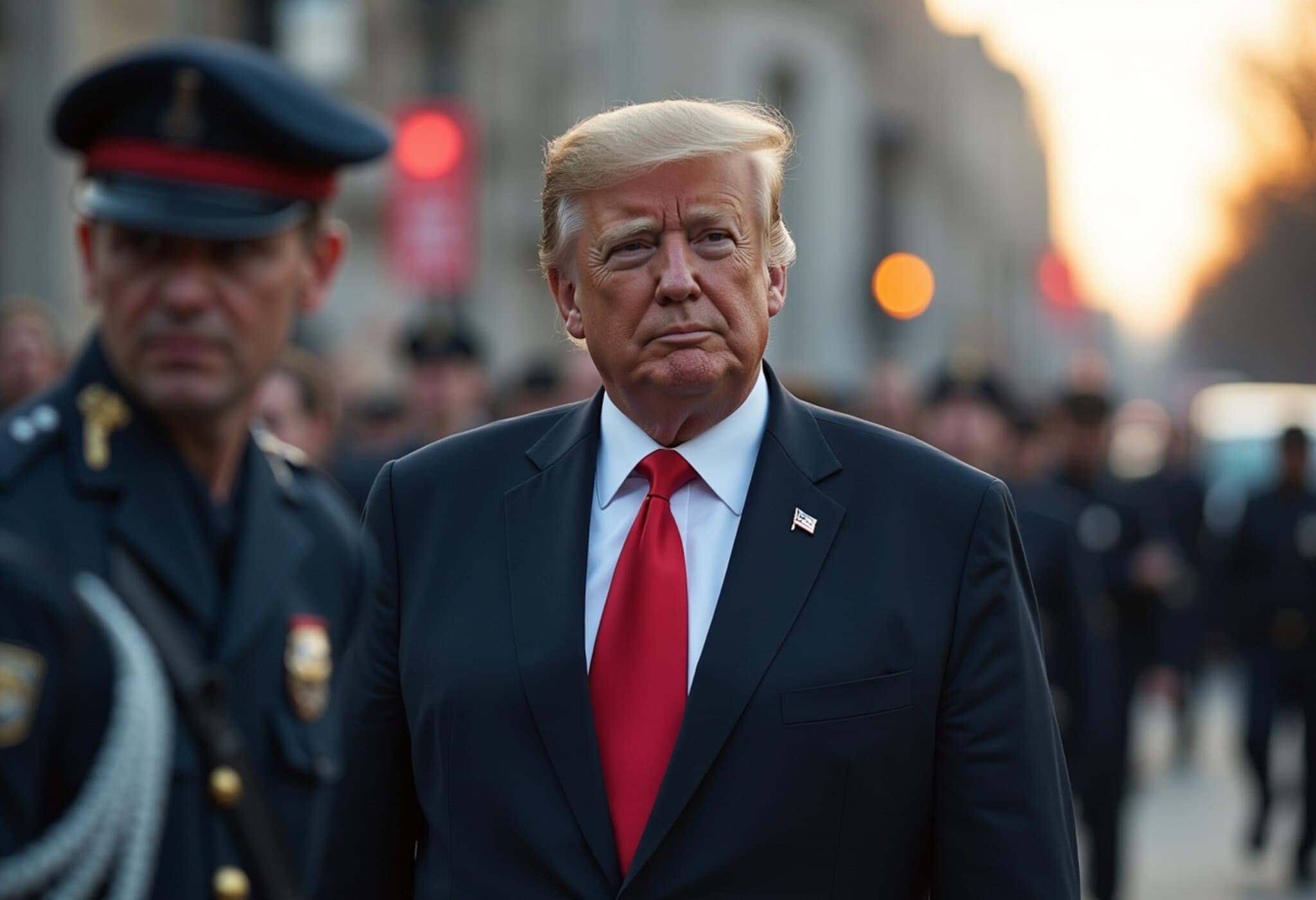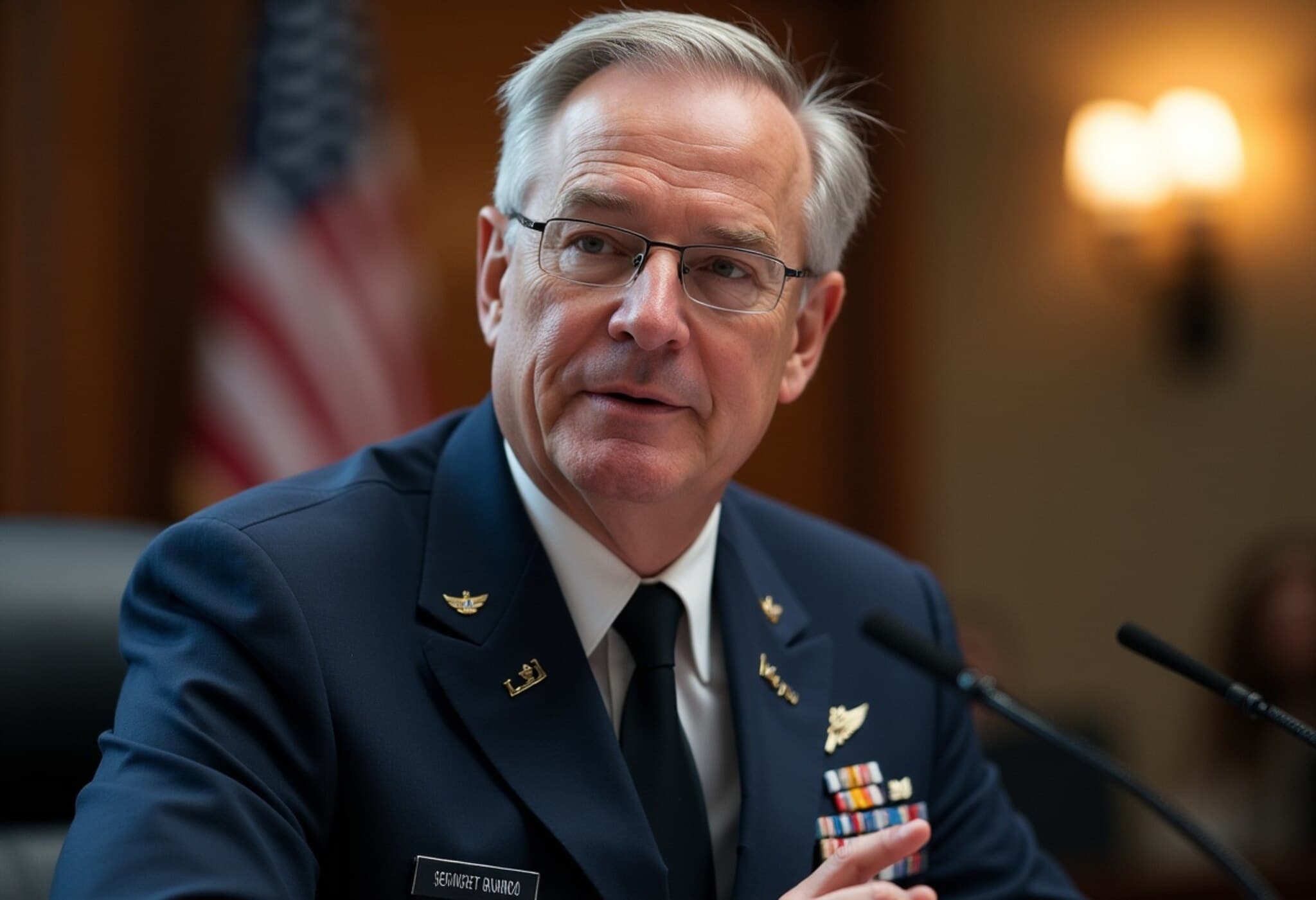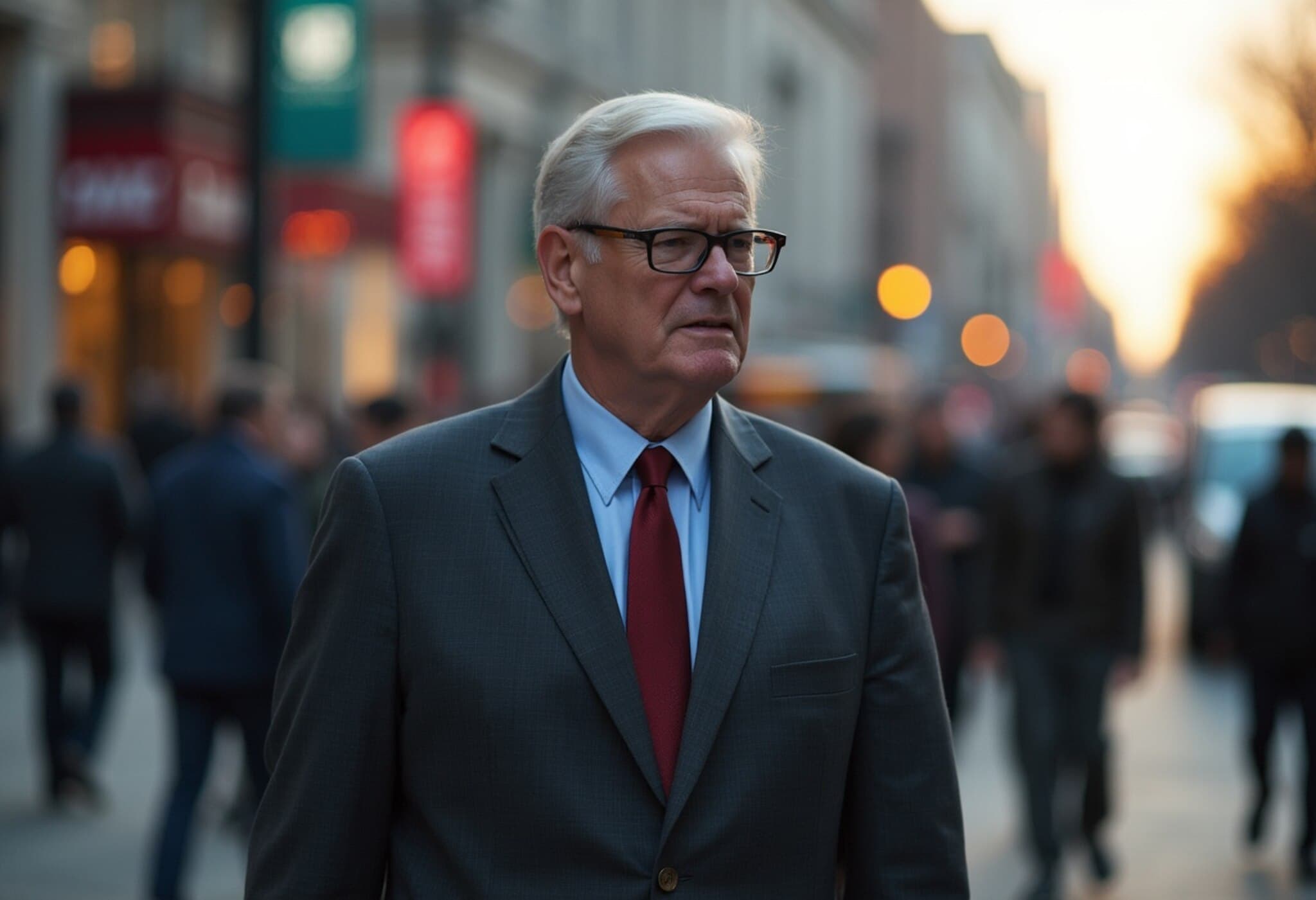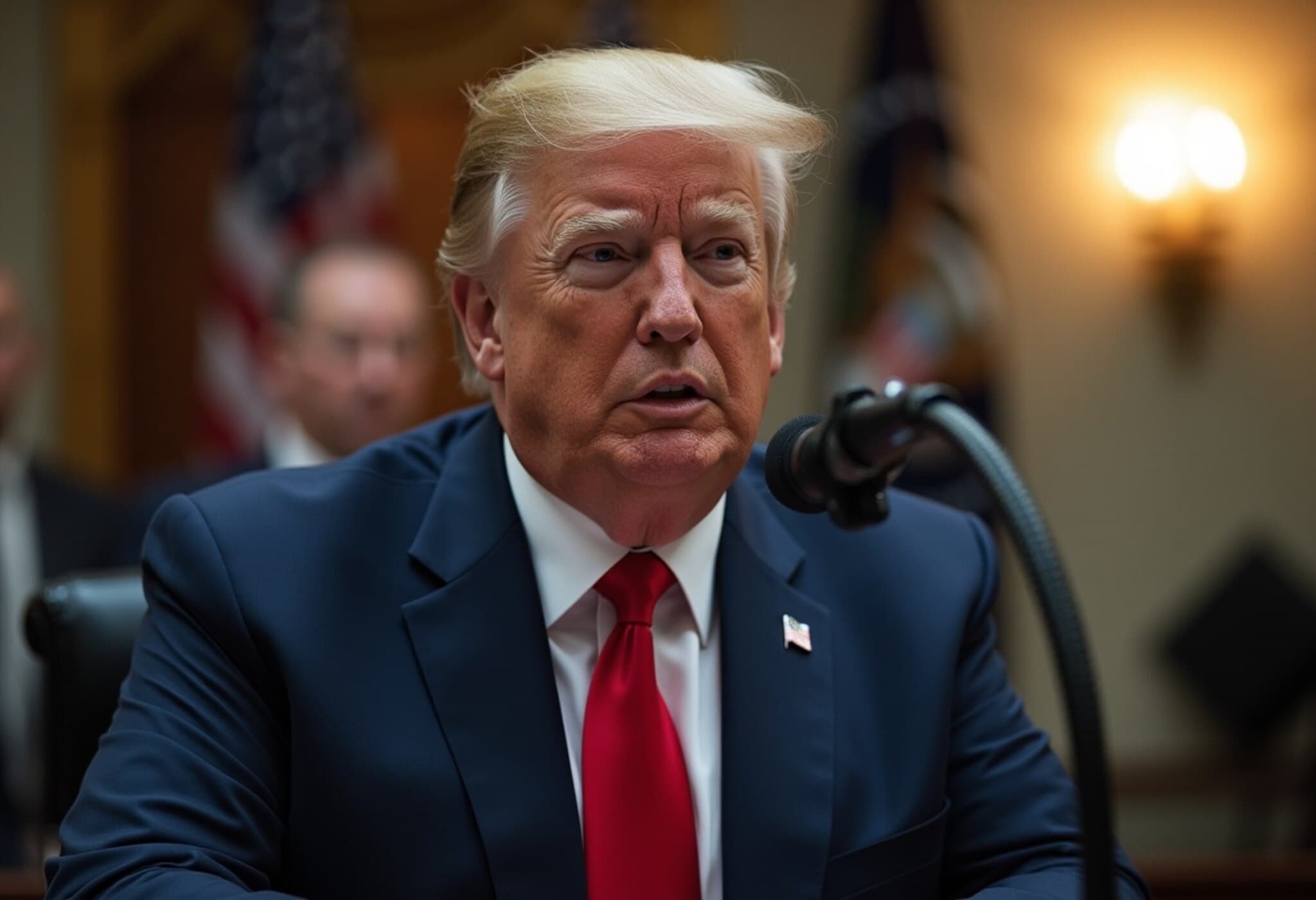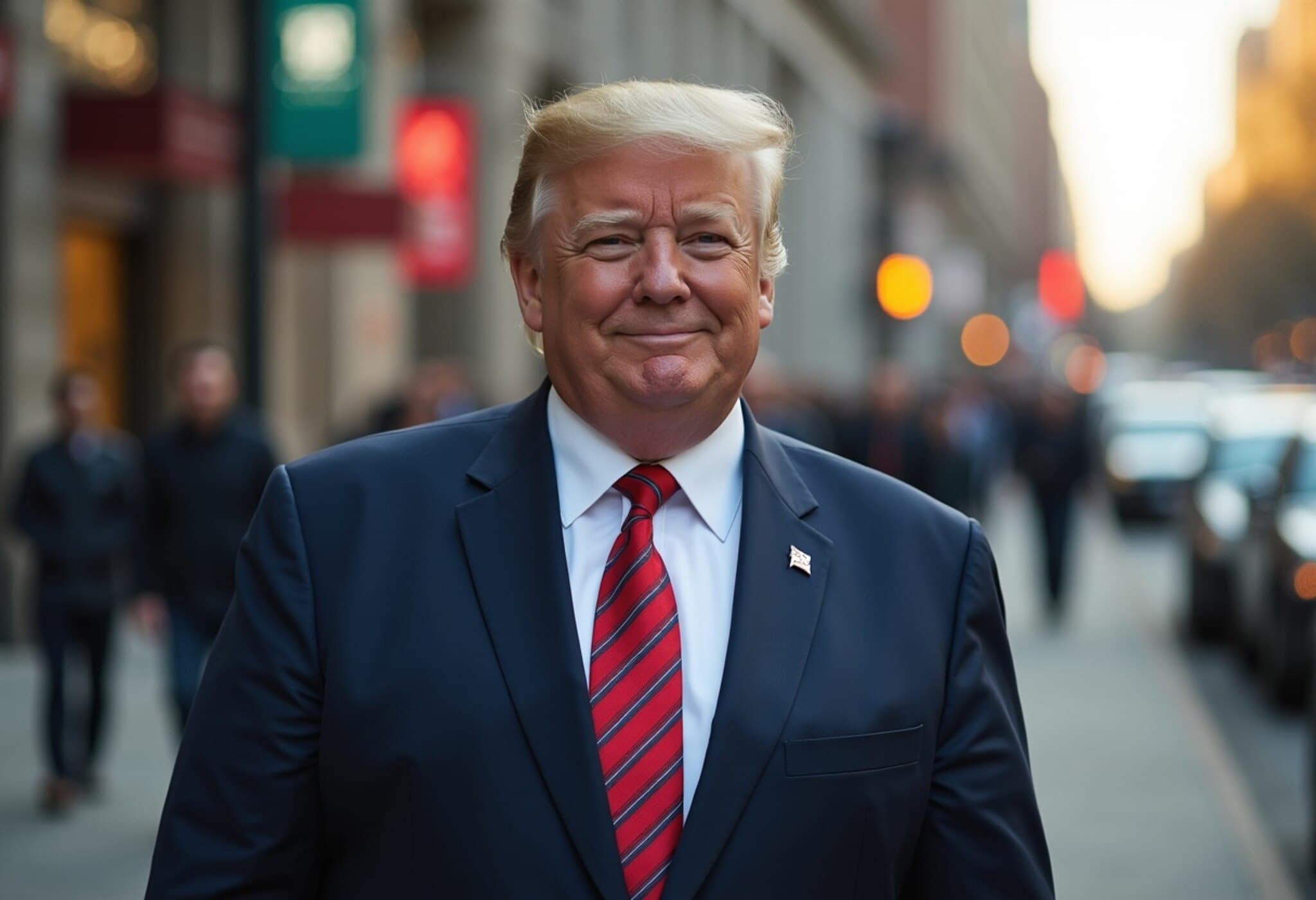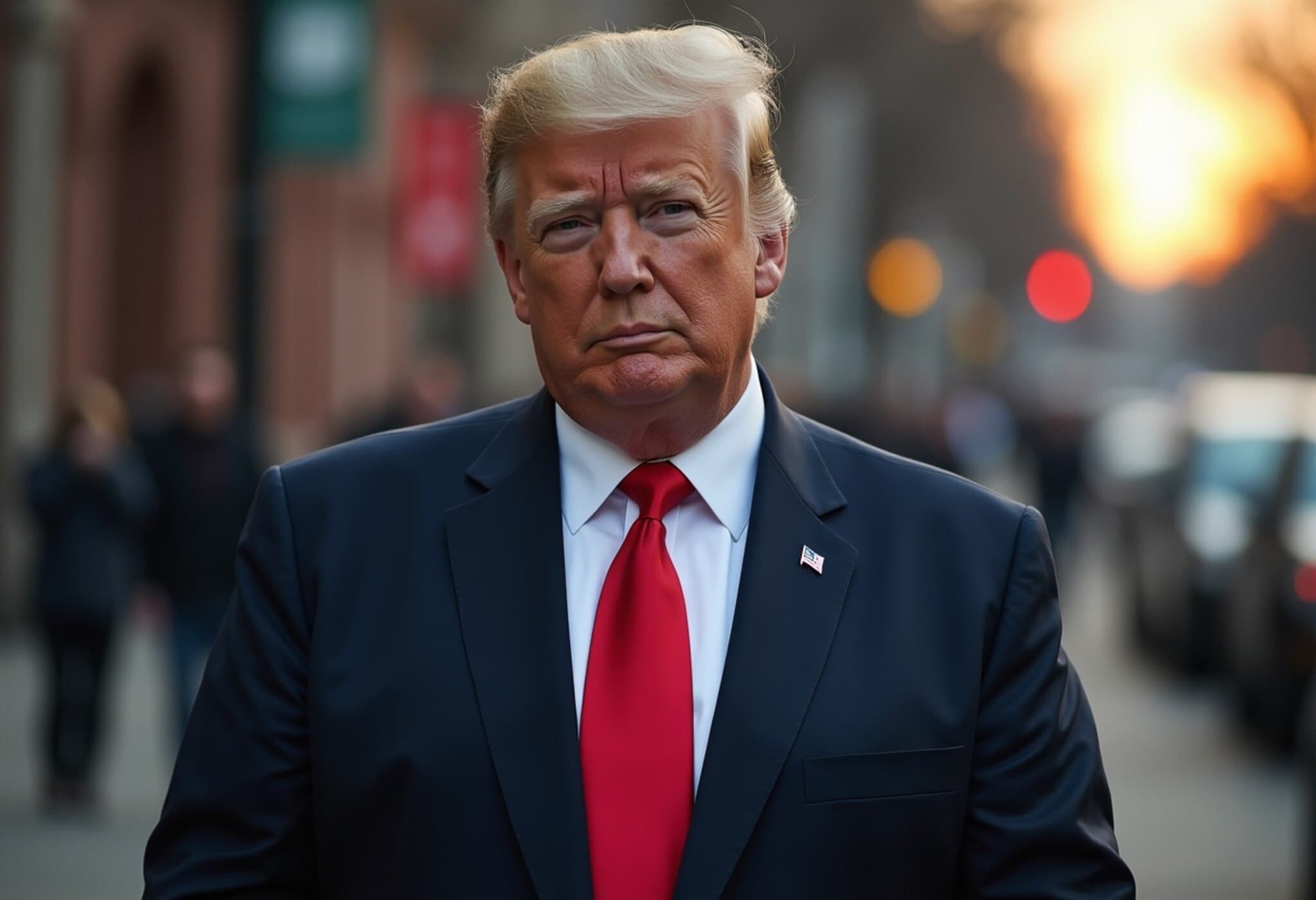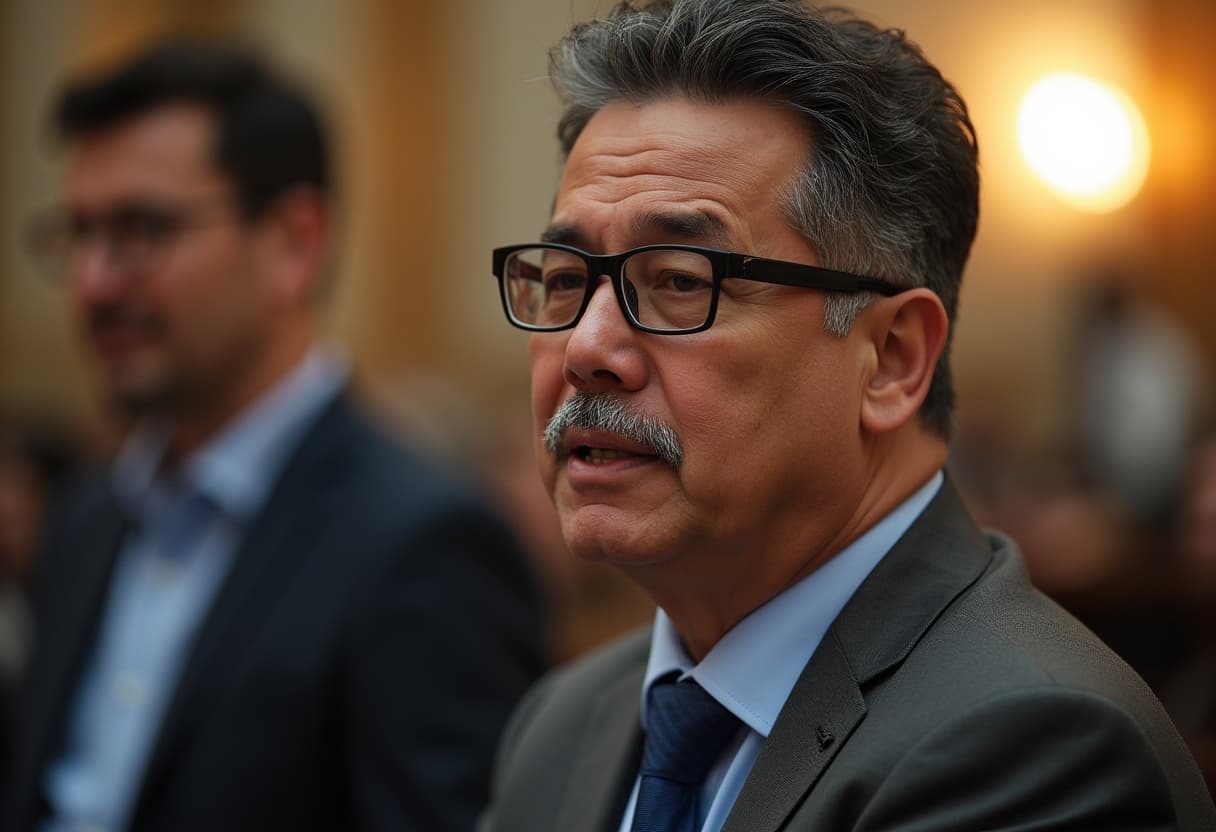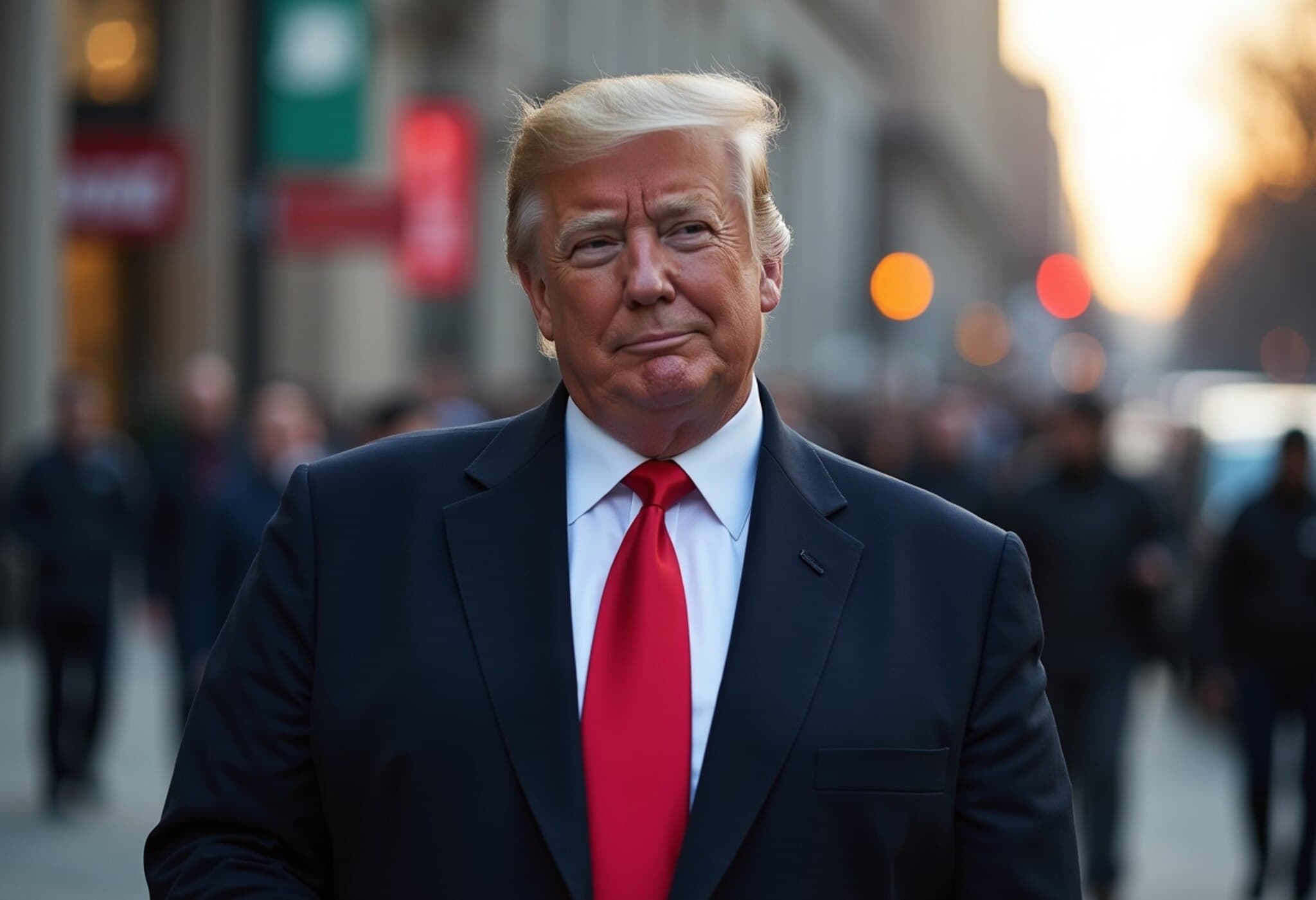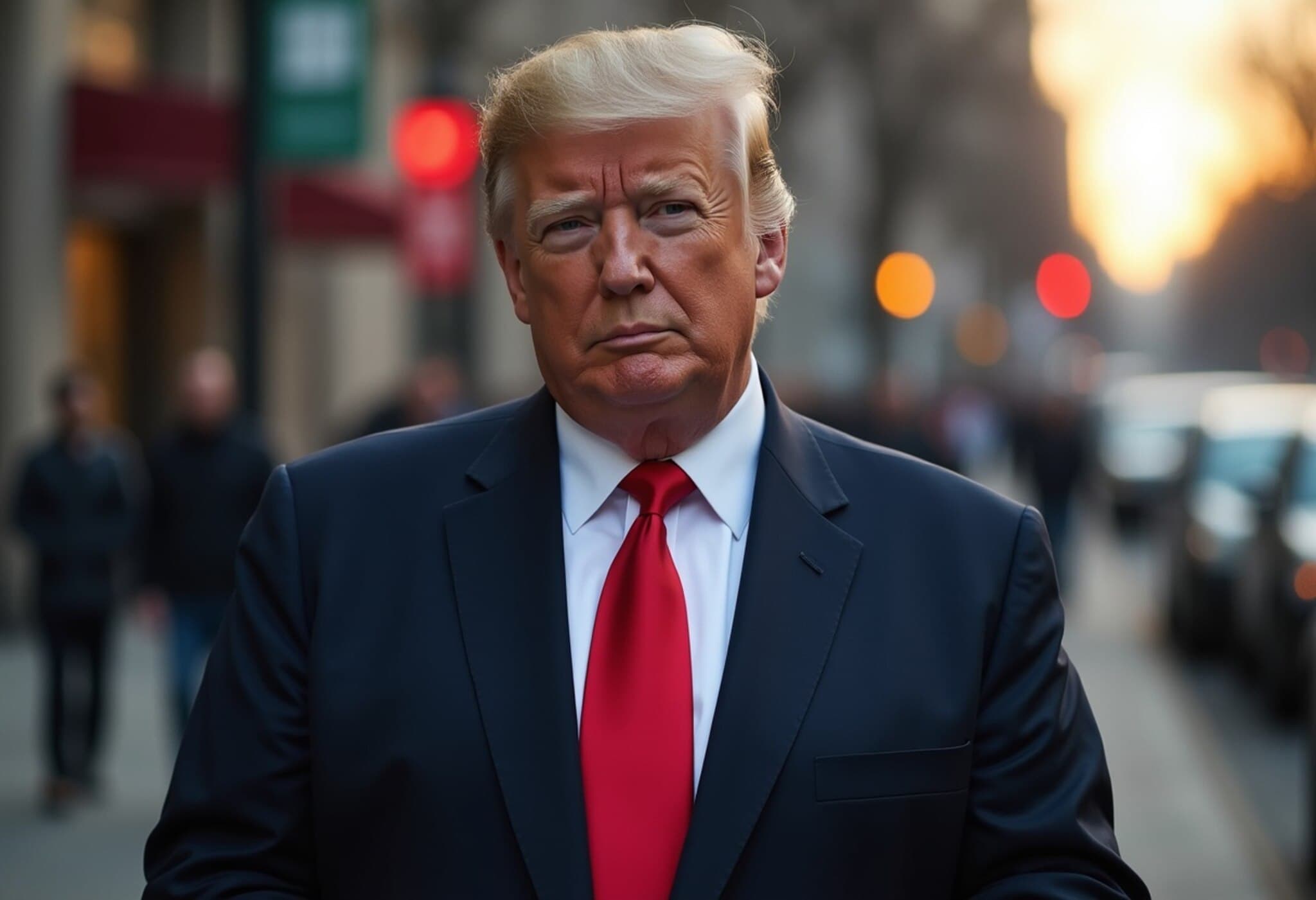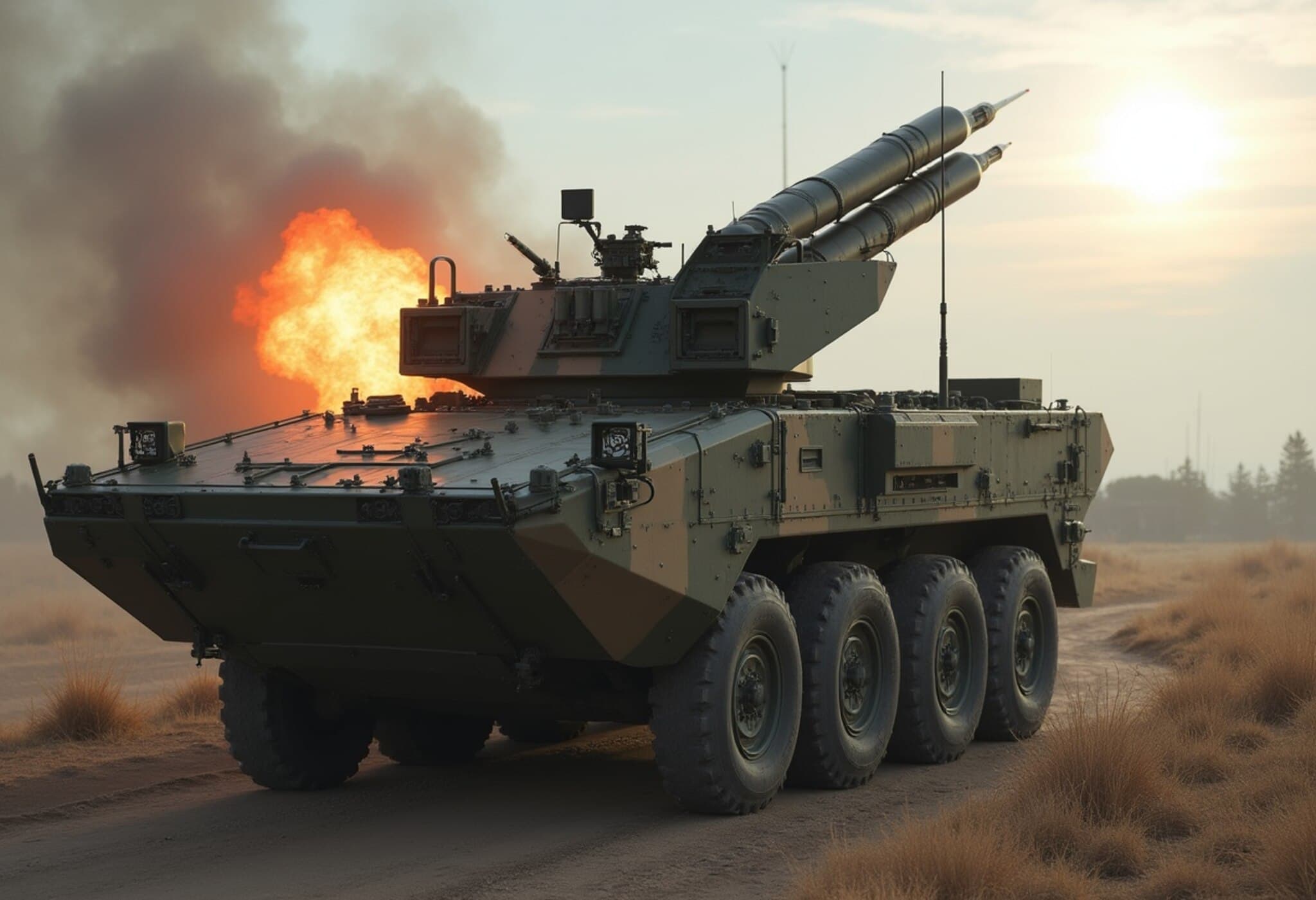Pentagon Considers Military Deployment in Chicago Following D.C. Initiative
As President Donald Trump intensifies his campaign against rising crime, homelessness, and undocumented immigration, the Pentagon is reportedly preparing to deploy troops in Chicago. This strategy, first implemented in Washington, D.C., may serve as a template for other cities struggling with similar challenges.
Background: From Washington D.C. to Chicago
According to The Washington Post, the Department of Defense has been formulating plans for weeks that could see thousands of National Guard members stationed in Chicago as early as September. This deployment would mirror the controversial operation conducted in Los Angeles last June, where 4,000 National Guard troops and 700 active-duty Marines were mobilized despite considerable resistance from state and local officials.
Trump’s Stance on Urban Intervention
President Trump has defended the ongoing deployment of 2,200 National Guard personnel in Washington, D.C., framing it as a vital tool to combat escalating crime rates. Addressing Chicago specifically, he called the city "a mess," criticizing its leadership and promising a swift federal intervention. "Chicago’s a mess. You have an incompetent mayor. Grossly incompetent. And we’ll straighten that one out probably next. That’ll be our next one after this. And it won’t even be tough," Trump stated.
Operational Details and Broader Implications
The military presence in Chicago could complement heightened activities by the U.S. Immigration and Customs Enforcement (ICE) agency targeting undocumented migrants in the city. Sources familiar with the plans suggest this represents part of a wider federal strategy to reassert control in Democratic-led urban centers perceived as hotspots of disorder.
Local Response and Political Friction
Illinois Governor J.B. Pritzker has publicly rebuffed the federal government’s moves, stating no official communication regarding an impending military deployment has been received nor does an emergency situation warrant such action. In a pointed statement, the governor accused President Trump of politicizing military forces and manufacturing crises to distract from economic hardships faced by everyday Americans:
"Donald Trump is attempting to manufacture a crisis, politicize Americans who serve in uniform and continue abusing his power to distract from the pain he is causing working families."
Expert Perspective: Legal and Policy Considerations
Deploying military forces domestically raises profound constitutional and civil liberties questions. The Posse Comitatus Act restricts the use of active-duty military personnel for law enforcement on U.S. soil, except under specific circumstances, highlighting the contentious nature of such interventions. While National Guard units can operate under state authority, federal deployment without state consent may deepen tensions and provoke legal challenges.
Moreover, experts warn that militarizing responses to social issues like poverty, homelessness, and immigration could exacerbate underlying problems rather than resolve them, underscoring the need for comprehensive policy approaches that involve community engagement, social services, and law enforcement reforms.
Looking Ahead: What This Means for American Cities
This potential military presence in Chicago marks a significant shift in how federal authorities might approach urban governance and security. As debates around crime, immigration, and homelessness intensify nationally, the coming months will reveal whether this strategy expands and what ramifications it holds for civil-military relations and local governance.
Summary Box: Key Takeaways
- Pentagon is preparing to deploy National Guard troops to Chicago to address rising urban challenges.
- Initiative follows federal military presence in D.C. and Los Angeles amid contentious local pushback.
- Illinois Governor opposes the move, citing lack of consultation and questioning necessity.
- Legal experts caution against military use in domestic law enforcement due to constitutional limits.
- Critics argue militarization may deepen problems like crime and homelessness rather than solve them.
Editor's Note
The evolving situation shines a spotlight on the delicate balance between ensuring public safety and preserving democratic norms. As the federal government contemplates expanding military involvement in cities traditionally controlled by local officials, readers should consider the broader implications for civil liberties, governance, and community trust. How will this dynamic shape the future of urban America?

